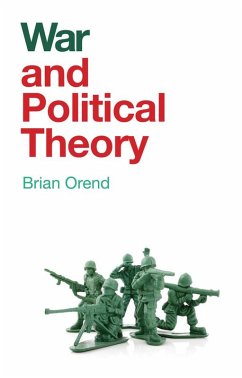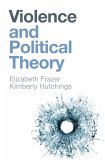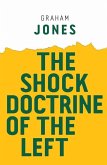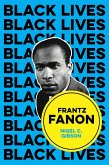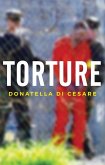Dieser Download kann aus rechtlichen Gründen nur mit Rechnungsadresse in A, B, BG, CY, CZ, D, DK, EW, E, FIN, F, GR, HR, H, IRL, I, LT, L, LR, M, NL, PL, P, R, S, SLO, SK ausgeliefert werden.
Shannon E. French, Case Western Reserve University
"By starting with trying to understand the ontology of war - what we actually mean by this value-laden term - Orend sets up a useful foundation from which to develop some rich analysis of the ethical challenges posed by both the changing character of war and its enduring nature. The different perspectives offered by the familiar lenses of realism, pacifism and the just war theory are employed to structure the analysis and unpack those ethical challenges. Throughout, Orend's deep knowledge of the literature and debates, both internal to each tradition and between them, illuminates the subject and informs the reader."
David Whetham, King's College London

